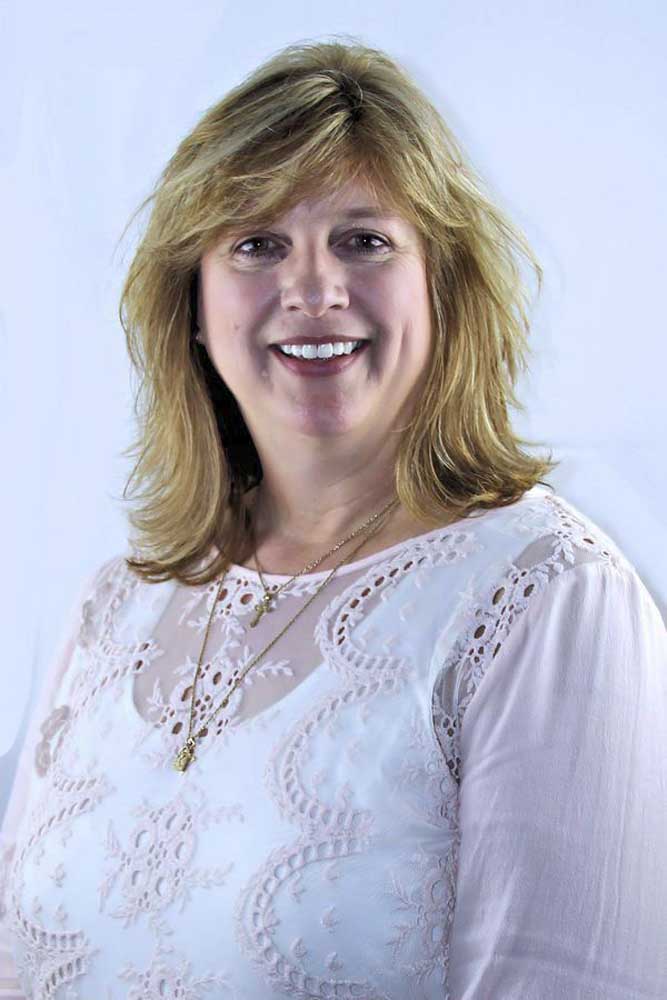Melanie Dallas: Focus on the ability in disability
Published 3:43 pm Wednesday, March 20, 2019

- Melanie Dallas
As one of Georgia’s Community Service Boards, Highland Rivers Health provides services and supports to individuals with mental illness, substance use disorders and intellectual and developmental disabilities. While I have written frequently about mental illness and substance use, I want to focus on disabilities and the current thinking about individuals affected by them.
First, just as we no longer refer to an individual with mental illness as “mentally ill,” we also no long refer to someone as being “disabled” (or handicapped), but rather as a person with a disability. Some advocates will even use the term “differently-abled.” But what’s important is that we no longer define individuals with disabilities by their conditions, and that the focus today is on ability — what a person with a disability can do.
Trending
The National Institute of Child Health and Human Development describes intellectual and developmental disabilities (IDDs) as disorders that are usually present at birth and negatively affect the course of an individual’s physical, intellectual and/or emotional development.
These conditions can affect multiple body systems, and also impact such things as fine motor skills, speech and movement. Disabilities can be cognitive, or related to hearing or vision, and can affect self-care, mobility and independent living. The levels of impairment and ability, and the bodily systems affected, can and do vary greatly from one individual to the next.
According to the Centers for Disease Control and Prevention (CDC), most developmental disabilities are thought to be caused by a complex mix of factors that could include genetics, parental health and behaviors during pregnancy, complications during birth, maternal or perinatal infections, or exposure of the mother or child to high levels of environmental toxins such as lead. Although we know the cause of some developmental disabilities, such as fetal alcohol syndrome, for most we don’t.
But regardless of how or why any individual might come to have a disability, it’s vital to understand that with the right services and support, most individuals with IDDs can live independent lives in their communities. Some might ask how an individual with low language comprehension or who is unable to walk can be truly independent, and that is a fair question. But what we mean by independent can be complex and is very much based on each individual’s strengths and abilities.
For example, let’s think again about how we use language to describe disabilities — and how changing the words we use can also change how we think. Years ago, we might have described someone unable to walk as being “confined” to a wheelchair. But being confined is a negative term — we use it to describe prisoners and punishment — and focuses on what a person can’t do.
Instead, think about describing that person as “using” a wheelchair, an assistive device that allows an individual to move through his or her home, school, workplace or community (instead of being truly confined to a home or chair or bed). “Using” a wheelchair focuses on what an individual can do, with the assistance that device provides, to be independent.
Trending
The same is true for a person that might use a voice synthesizer, or a seeing-eye dog, or have hand-operated gas and brake controls on a car. All of these supports help an individual with a disability be as independent as possible, and that’s something everyone should be able to understand.
At Highland Rivers Health, we offer a variety of services for individuals with disabilities in partnership with the Georgia Department of Behavioral Health and Developmental Disabilities through the Kaleidoscope program. Our services include community integration, supported employment, respite care, residential services, education and much more. We strive to help individuals with disabilities be as independent as possible and live their best life in their community.
For more information, visit http://highlandrivershealth.com and select the Intellectual and Developmental Disabilities tab.
Melanie Dallas is a licensed professional counselor and CEO of Highland Rivers Health, which provides treatment and recovery services for individuals with mental illness, substance use disorders and intellectual and developmental disabilities in a 12-county region of northwest Georgia that includes Whitfield and Murray counties.





